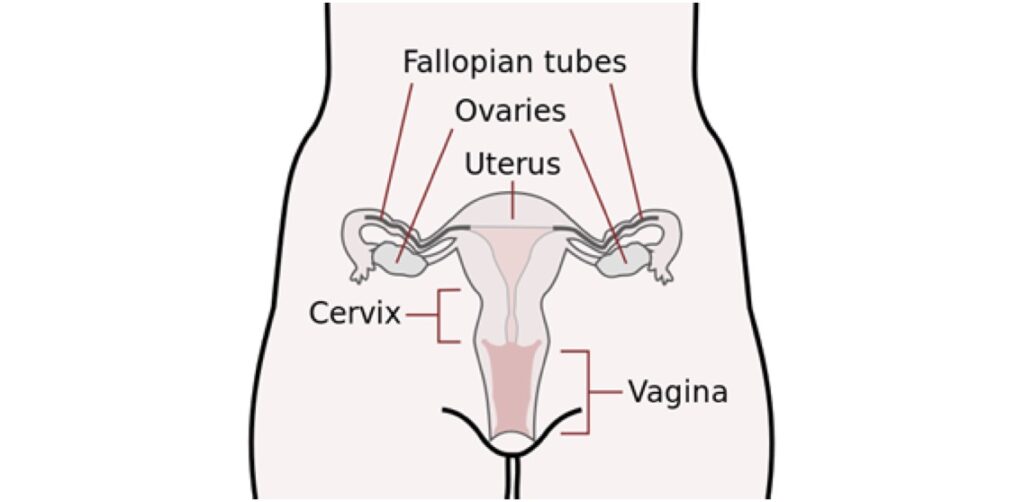Doctors’ Notes
BackTalking to Your Daughter About Periods
“Periods? Ew… Gross!”
Don’t be alarmed if this is the response you get when you decide to have “the period talk” with your tween. In fact, a good majority of you can expect it.
It seems like only yesterday when your little girl was playing with her Barbies and baby dolls. Now she’s wearing braces, blasting the latest Taylor Swift song on her iPod, and wanting you to drop her off a mile down the road, and last night you overheard her talking with her friend about the hottest boy in school. What happened? Where did the time go? Remember when your mother told you not to blink…
Well, the time has come.
Talking to your daughter about her period may at first be a little awkward. One of the main obstacles to overcome before you have “the talk” is getting comfortable with your own thoughts and feelings. Talk with your partner, your mother, or a close friend about how you’re feeling.This may be just as difficult of a time for you as it is for your daughter. Acceptance sometimes doesn’t come easy. Recognizing how you’re feeling, and reasoning it out beforehand, will help you be more open and understanding of your daughter’s feelings.
Go somewhere private where your daughter feels safe talking about this huge milestone in her life. Grab some coffee and head to the park, go out to dinner, or have a picnic lunch in the backyard. Going the extra mile to find the right time and space will make her feel special, and let her know how much you care and want to help her through this exciting and somewhat confusing time.
Stress to your daughter that getting her period is normal and healthy and DOES NOT hurt. Tell her that periods are a sign her body is working properly and growing from a girl’s body into a woman’s body. Explain that getting a monthly period is her body’s way of practicing for a time to come… someday… when she may have a baby.
Show her a diagram…

… of where her ovaries, uterus, and vagina are located. Describe how girls are born with two ovaries that contain thousands of eggs and each month the ovaries release an egg that travels down and “hangs out” in the uterus. If the egg does not become fertilized — at this point, you can chose whether to elaborate further on how that happens — then the egg and uterine lining are shed out through the vagina in the form of blood. Reassure her that the blood can be bright red, pink, or brown, and that, although it may look like a lot, it’s only about 3-5 tablespoons.
You can explain that periods should come every 28 days, but may come anywhere between 21-35 days, and usually last about 3-7 days. And explain that blood flow is heaviest during the first 1-3 days, and becomes less toward the end. Keep in mind that when your daughter first starts getting her period, she may not get one every month. Let her know that this can be normal, and that her menstrual cycle may take a few months to regulate.
The average age for girls to get their period is 12.5 years old, but it can vary anywhere from 8-15 years of age. Girls typically get their periods within 6-12 months of the age when their mothers got theirs. African-American girls tend to get their periods earlier, and athletes tend to get them later. There are, of course, are always exceptions to those “rules”!
Show your daughter the differences between maxi-pads, tampons, and panty-liners. Explain when to use one vs. the other. Help her create an “emergency stash” of maxi-pads to keep with her, so she will feel better prepared when her period strikes. Encourage her to keep a journal, or to download an app, to help her keep track of when her period starts and stops.
Let your daughter know that every girl goes through getting her period, and share your experience (if you remember) about the first time you got yours.
However and whenever you do it — good luck with your “talk.” Let us know if you have any questions or concerns.
And don’t forget to give your daughter a hug!
Katie LaMendola, a former Kids Plus Provider, was one of the creators of our girls’ puberty class.